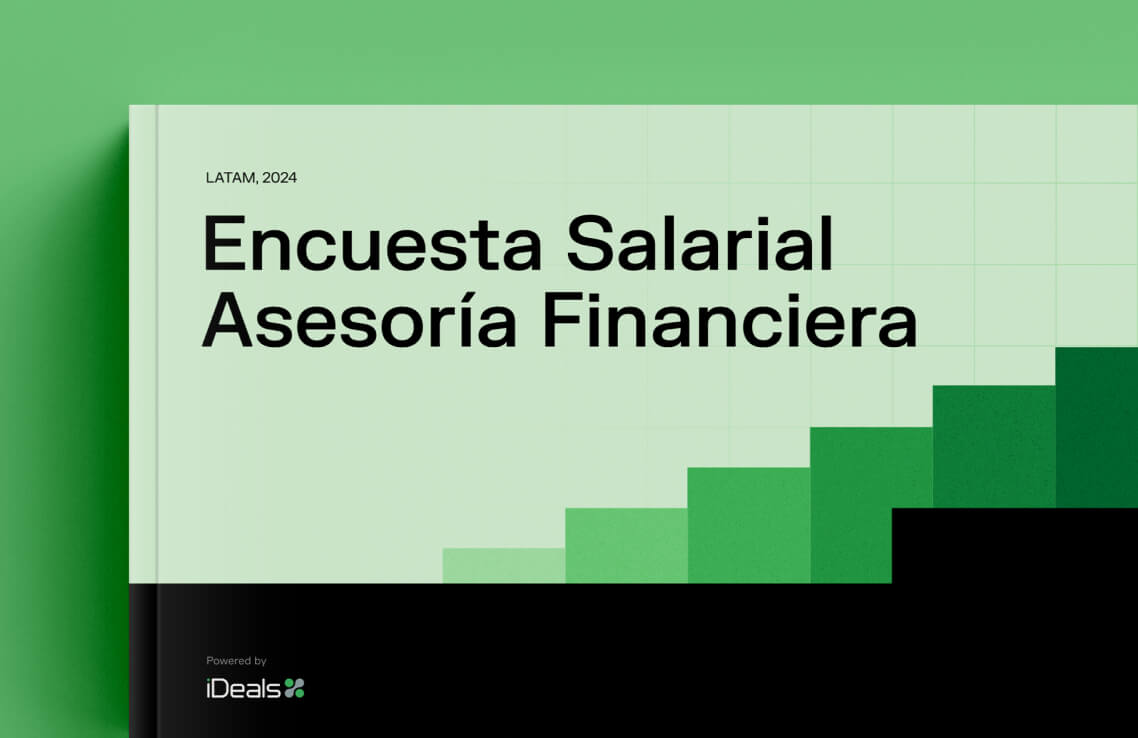Cleverson Aroeira (BNDES), Venilton Tadini (ABDIB), Elias de Souza (Deloitte) and Thiago Costa Monteiro Caldeira (PPI) untangled the sector and pointed out how investments in infrastructure can leverage the country.
On February 24th the M&A Community, a forum that addresses the market of investment, mergers and acquisitions worldwide, hosted the webinar “Infrastructure: Challenges and Opportunities for the Economic Recovery of Brazil” with the participation of industry references in the country, such as Venilton Tadini, executive president of ABDIB – the Brazilian Association of Infrastructure and Basic Industries, Cleverson Aroeira, superintendent of BNDES, Elias de Souza, partner of Deloitte, and Thiago Costa Monteiro Caldeira, Secretary of Transport Coordination at PPI – Investment Partnership Program.
Participants said that despite the increase in privatization projects, concessions, and public-private partnerships (PPP) in Brazil in recent years, the scenario is far from ideal.
Elias de Souza (Deloitte) began his speech at the event indicating that, “Currently there are about 2,000 infrastructure projects started by governments, and yet Brazil continues with a giant infrastructure gap.” Souza identified some challenges that the national market faces in relation to others and highlighted the importance of regulatory frameworks.
Venilton Tadini from ABDIB said that Brazil is one of the worst countries in terms of infrastructure investment by GDP, compared to the rest of the world. In his presentation, Tadini brought attention to this reality and the need for investments in each area. According to him, the country had BRL 25 billion invested in transportation and logistics in 2019 (0.34% of GDP), against the necessary BRL 149 billion (2.26% of GDP).
In the electrical power arena, BRL 51.4 billion (0.71% of GDP) was invested in comparison to the BRL 55.4 billion that would be needed (0.84% of GDP). In telecommunications, investment in 2019 was BRL 33.1 billion (0.46% of GDP) against the BRL 50 billion (0.76% of GDP) required. In sanitation, BRL 123.9 billion (1.71% of GDP) was invested against the BRL 284.4 billion (4.31% of GDP) required.
During the event, Tadini emphasized that “There is no country in the world that invests only private money in infrastructure. This does not mean that I support the excessive spending of public money, but that these resources need to be used wisely.”
Reduced demand, increased defaults, operational difficulties, and reduced liquidity were some of the problems faced by companies that were identified by ABDIB’s crisis management committee. Tadini explains that the association’s proposal to leverage the sector depends on “an articulation between executive public bodies, regulators, and controllers to define in an agile and unified manner the guidelines and methods to conduct the economic and financial rebalancing processes of the concession contracts.”
BNDES superintendent Cleverson Aroeira said that “Since 2019, the institution has been structuring itself to offer more conditions for the sector, and today, it counts on a team of more than two hundred people to support and structure public-private partnerships thinking about the economy, privatizations, and environmental and social assets.”
In his speech, Aroeira highlighted that the federal government has a very good concessions schedule, but the majority of them focus on highways. He recalled that the sanitation sector needs a lot of investment, since 90% of it is still under total control of the government, and that the sector’s regulatory framework should stimulate interest for the companies.
“The BNDES team has been dedicated to more technical work, carrying out engineering, demand, financial and legal modeling studies. It is important to note that infrastructure is financed with patient capital. Brazil has had some foreign investors for decades and they know that the investment is seen in the long term,” added Aroeira.
When asked how to deal with the risk of exchange variation in new structures, Thiago Caldeira, from the PPI, stated that there are two paths. “The first is to execute and index contracts between infrastructure users and concessionaires in dollars. Many of the infrastructure users are exporters. For example, a railroad with an ore or grain load. An exporting company is who contracts the services of this railroad. It has revenue in dollars, so what we strongly support in the PPI is the possibility of this contract between the concessionaire and this exporter to be executed and indexed in the American currency. This means that the infrastructure concessionaire has revenue in dollars and, thus, the two sides would be equated. But for that to happen, it is necessary to change an old law of 1969 that prohibits indexation in foreign currency (there are only a few exceptions).”
“The other possibility is to create some mechanisms within the concession contract – which does not depend on legislative authorization – to have an automatic rebalancing in compensation according to the dollar variation. This can be done by varying the tariff that the concessionaire would have to pay. This has already been done on some highways in the state of São Paulo and on the BR-153 highway, which has a published public notice.”
Regarding the government’s intervention in Petrobras and Eletrobras, Venilton Tadini stated that this ignites a warning to international investors about governance and expectations of maintaining the rules of the game to define future investments.
“We are optimistic, and we believe that Brazil will grow in the sector, but that it is important to be aware of these events so as not to make mistakes from the past,” they concluded.






